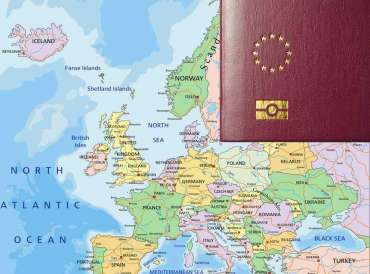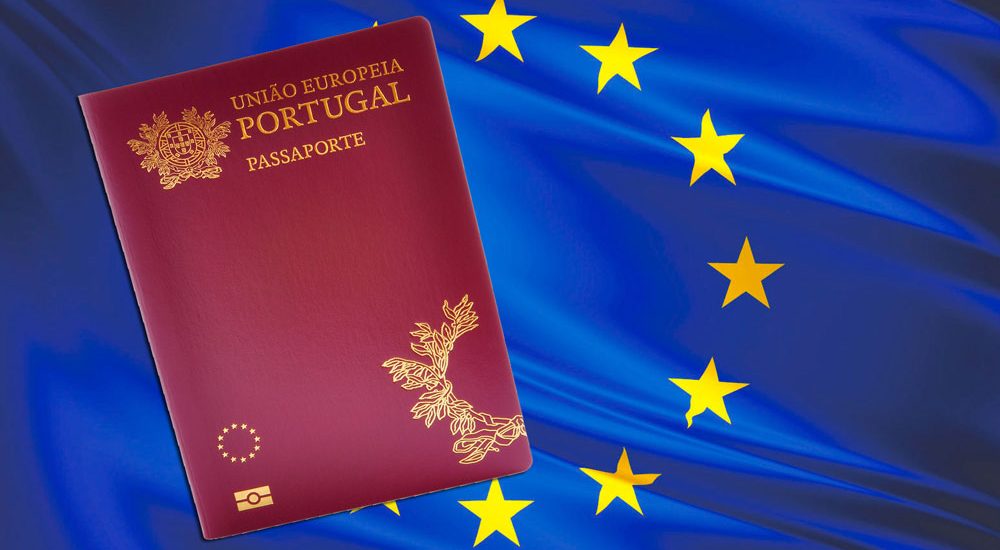In recent years, the global market for golden visas, which offer residency or citizenship in exchange for substantial financial investments, has experienced significant growth. Portugal, Spain, Malta, Greece have attracted significant investments, mostly 90% invested into the property market.
Golden visa programs were initially introduced by countries seeking to attract foreign investments and stimulate economic growth. These programs typically require applicants to make investments in real estate, businesses, government bonds, or any other eligible avenues. In return, they are granted residency with later path to citizenship, with full rights to live, work, study and travel in the host country. While these programs have attracted considerable interest, there is growing concern about the emergence of a potential “golden visa bubble.” which is about to burst.
The Golden Visa Bubble
The term “golden visa bubble” refers to the potential risks associated with the exponential growth and speculative nature of these programs. As more countries jump on the bandwagon, offering enticing incentives to attract investors, there is a fear that the bubble could burst, leading to economic instability and a devaluation of citizenship. The bubble phenomenon can occur when the demand for golden visas exceeds the sustainable capacity of a country’s economy or when the programs are not carefully regulated. Over-reliance on these programs as a source of income may create vulnerabilities, particularly if investments are not channeled into productive sectors of the economy (eg. job creation).
Race to the Bottom
The primary factors contributing to the potential burst of the golden visa bubble is market saturation, when there is excessive supply over demand. As an increasing number of countries introduce their own GV programs, can lead to fierce competition between countries, making it more challenging to attract a sufficient number of high-net-worth applicants. A right balance between attracting investments and implementing robust due diligence measures is crucial to prevent abuses and maintain the integrity of the programs.
The European Commission has already exerted pressure to phase out golden visa programs well before 2025, for being used as major avenues for money laundering, tax evasion and artificial inflation of housing prices.
Policy Shifts / Loss of Public Trust
Golden visa programs are subject to evolving policies and regulations. Sudden policy shifts can disrupt investors’ plans and erode confidence in the program, leading to a decline in demand and potential bubble deflation. Negative publicity or instances of misuse, fraud, or corruption within these programs can tarnish the reputation of both the host country and the investors involved. A loss of public trust can lead to a decline in demand and a burst of the golden visa bubble.
Implications
If the golden visa bubble were to burst, it would have significant implications for investors and host countries alike:
Investor Losses: Investors who have made substantial financial commitments to obtain residency or citizenship could face financial losses if the value of their investments declines or if the programs are discontinued or significantly altered.since this market is tied to housing market, housing prices may see a collapse with ghost properties flooding the market. Excessive availability of tourism properties rented out by foreigners and Airbnb makes it harder for locals locals to cope up with rising rentals against average salary of less than $1000 per month.
Economic Impact: Countries heavily reliant on golden visa programs for economic growth could experience a decline in revenue and investments, impacting local businesses, real estate markets, and job creation.
Reputational Damage: A burst bubble could damage the reputation of host countries, impacting their ability to attract future investors or international business ventures.
Regulatory Adjustments: Governments may be compelled to introduce stricter regulations, transparency measures, or program reforms to rebuild trust and mitigate the risks associated with golden visa programs.
Additionally, the success of golden visa programs is often tied to geopolitical stability and changing government policies. A sudden shift in political climate, stricter regulations, or reputational damage can cause investor sentiment to sour, leading to a rapid decline in demand.
While United Kingdom, Ireland, Hungary have already terminated their golden visa programs attracting millionaire investors. Portugal, Spain have announced their programs will shutting down golden visa route to investors. The GV schemes in Latvia, Malta, United States, Greece still remain open for applications.





